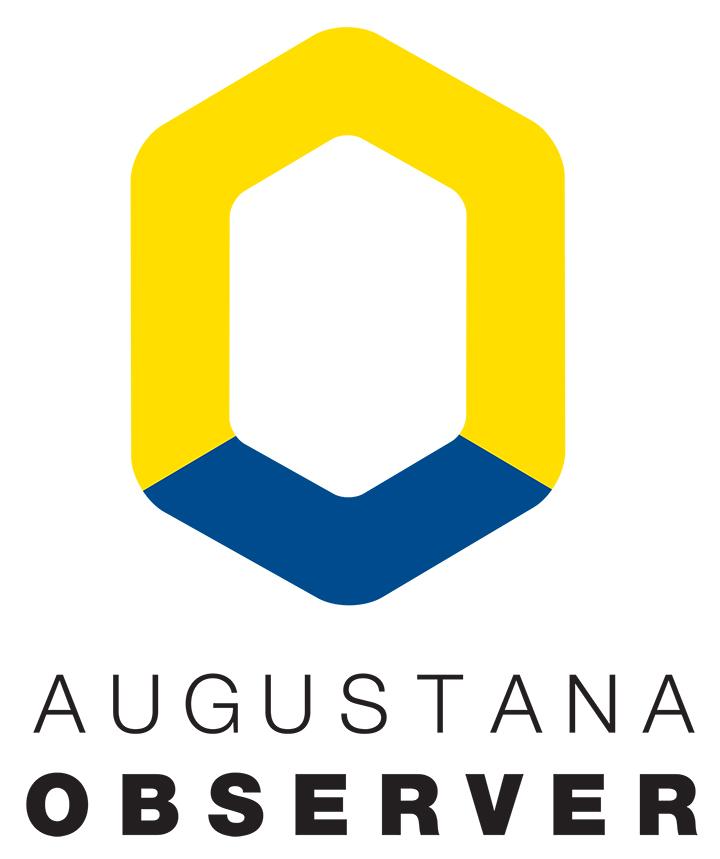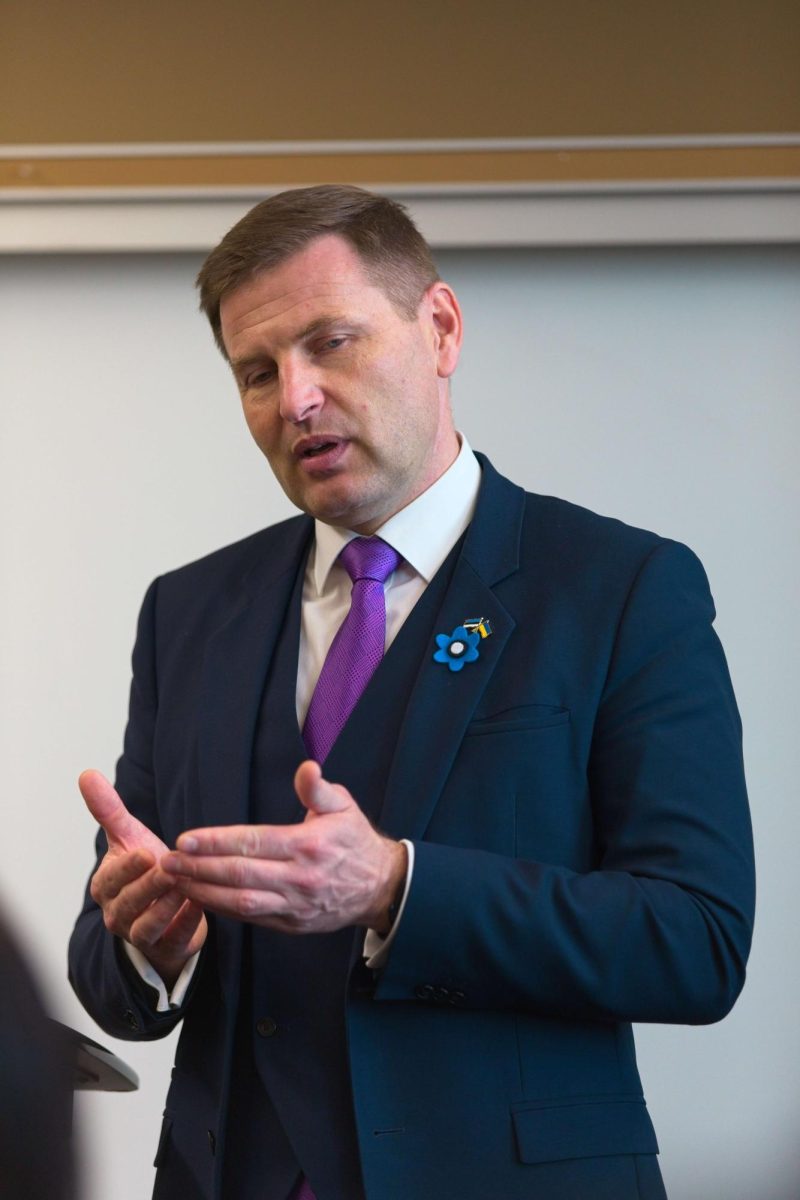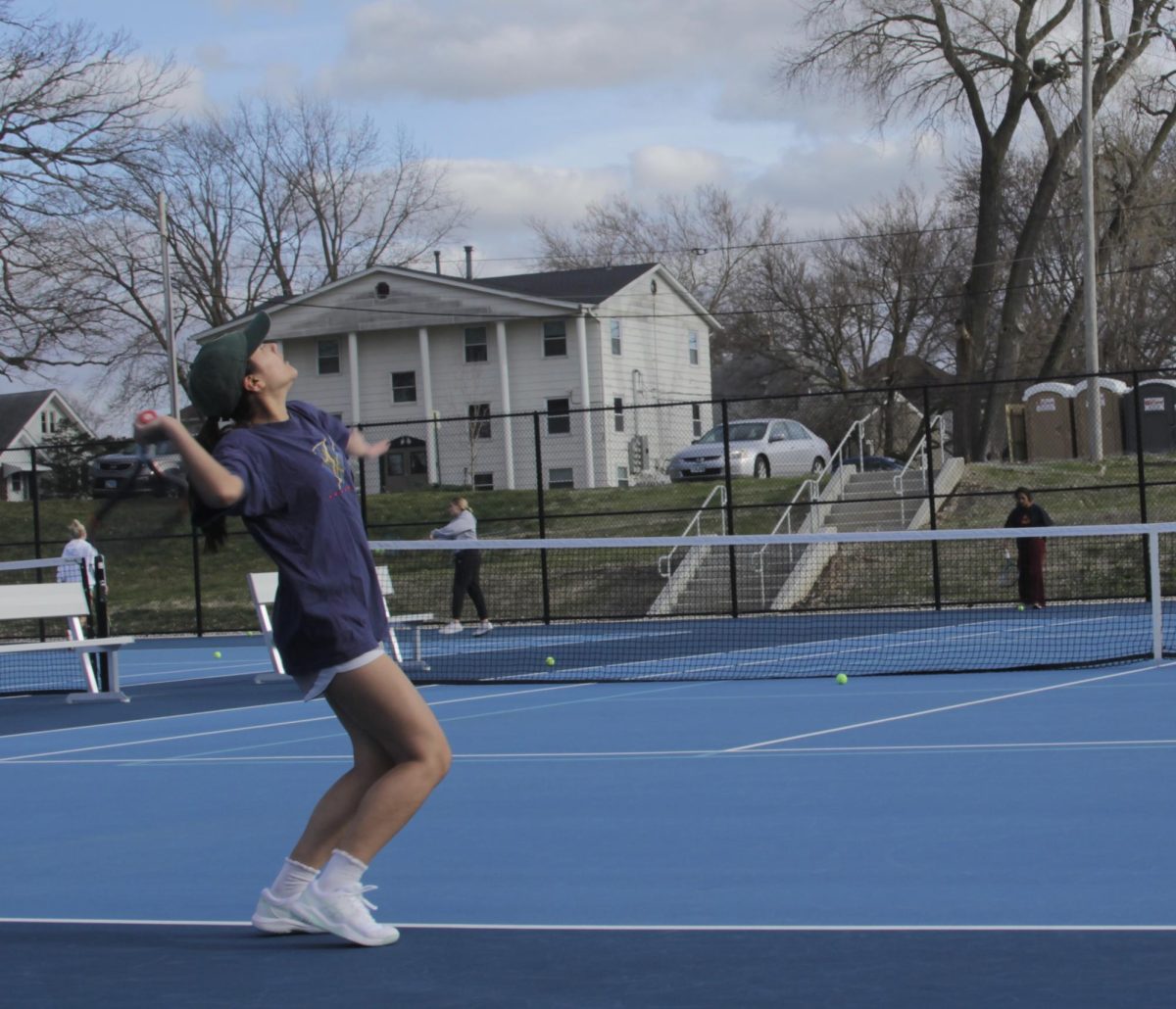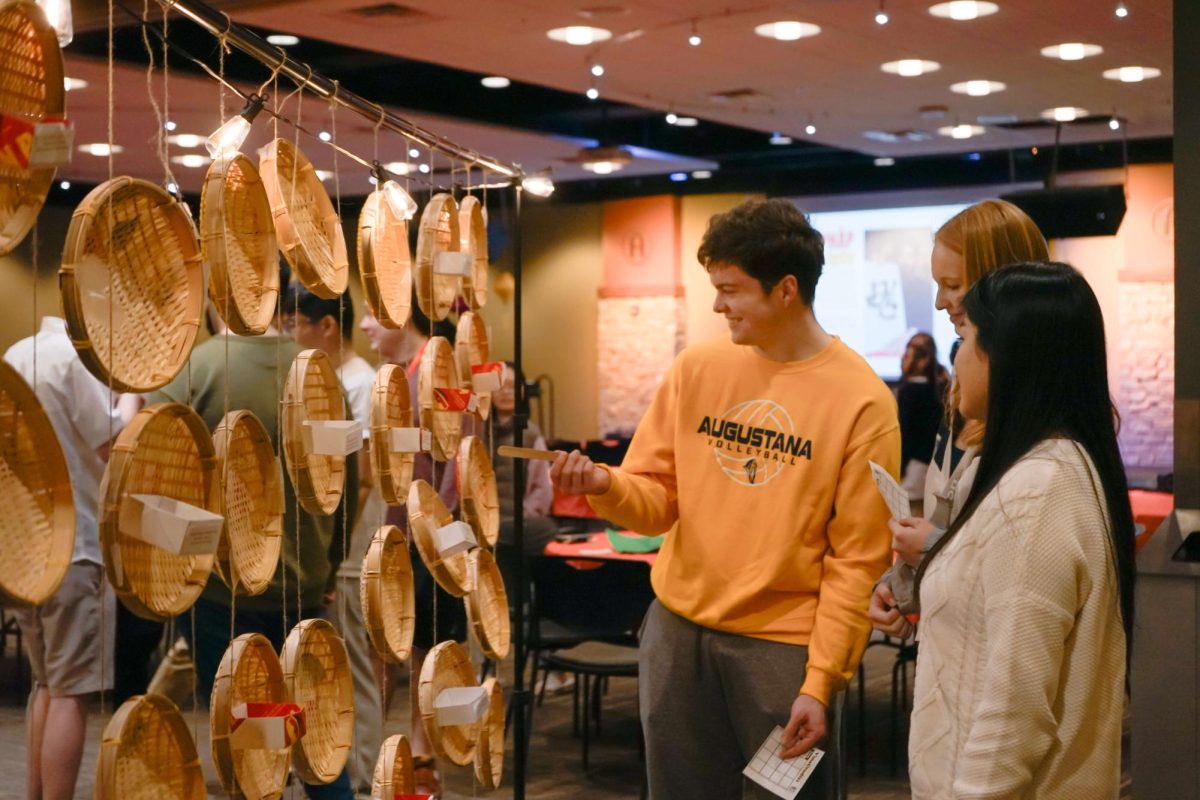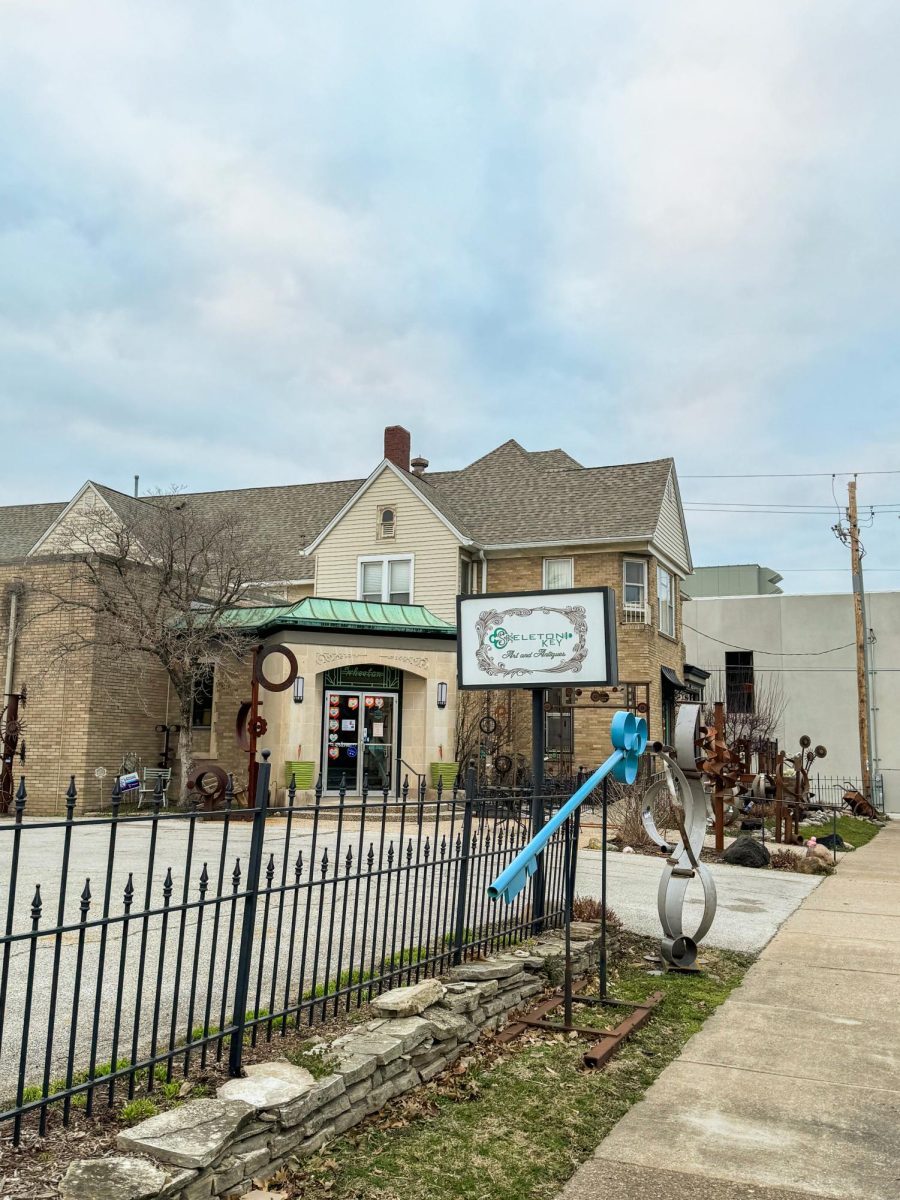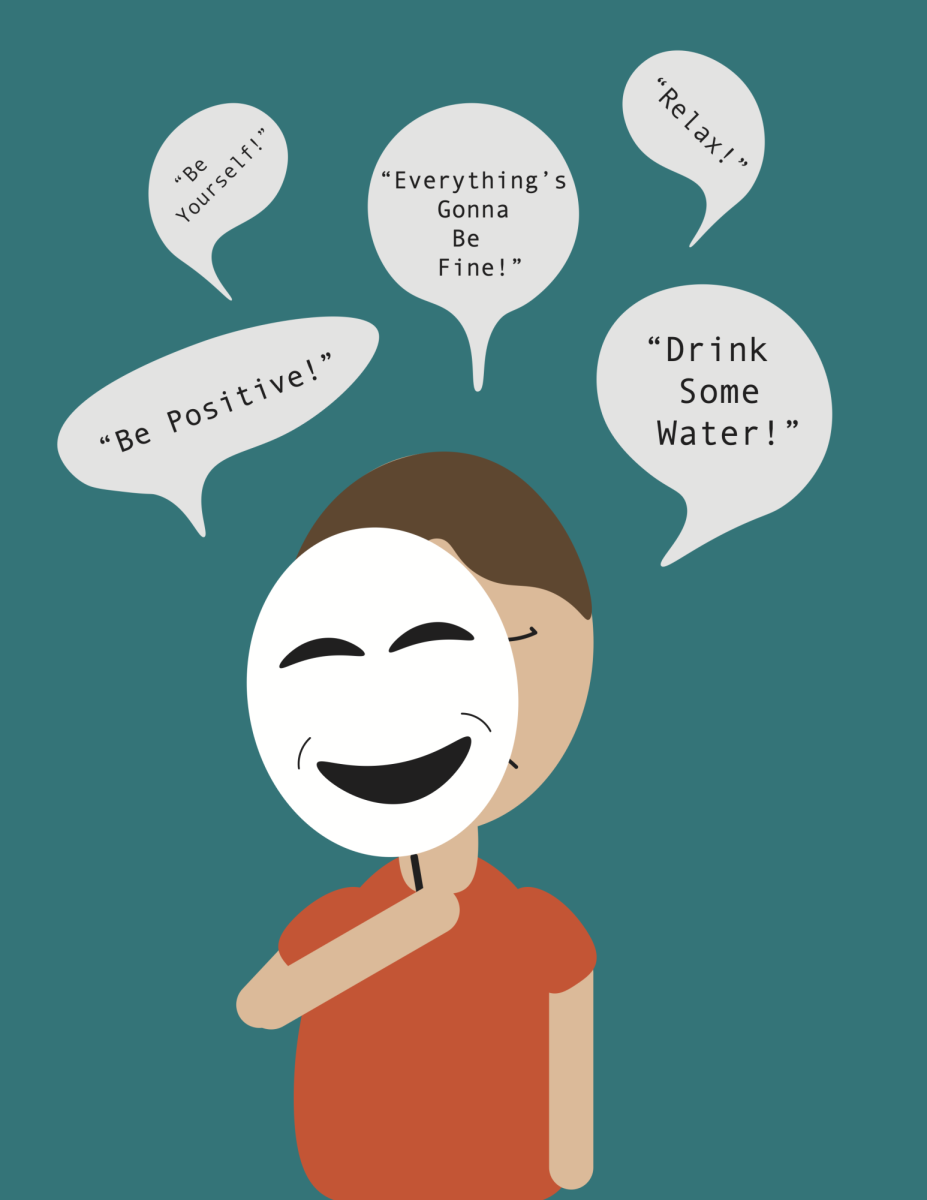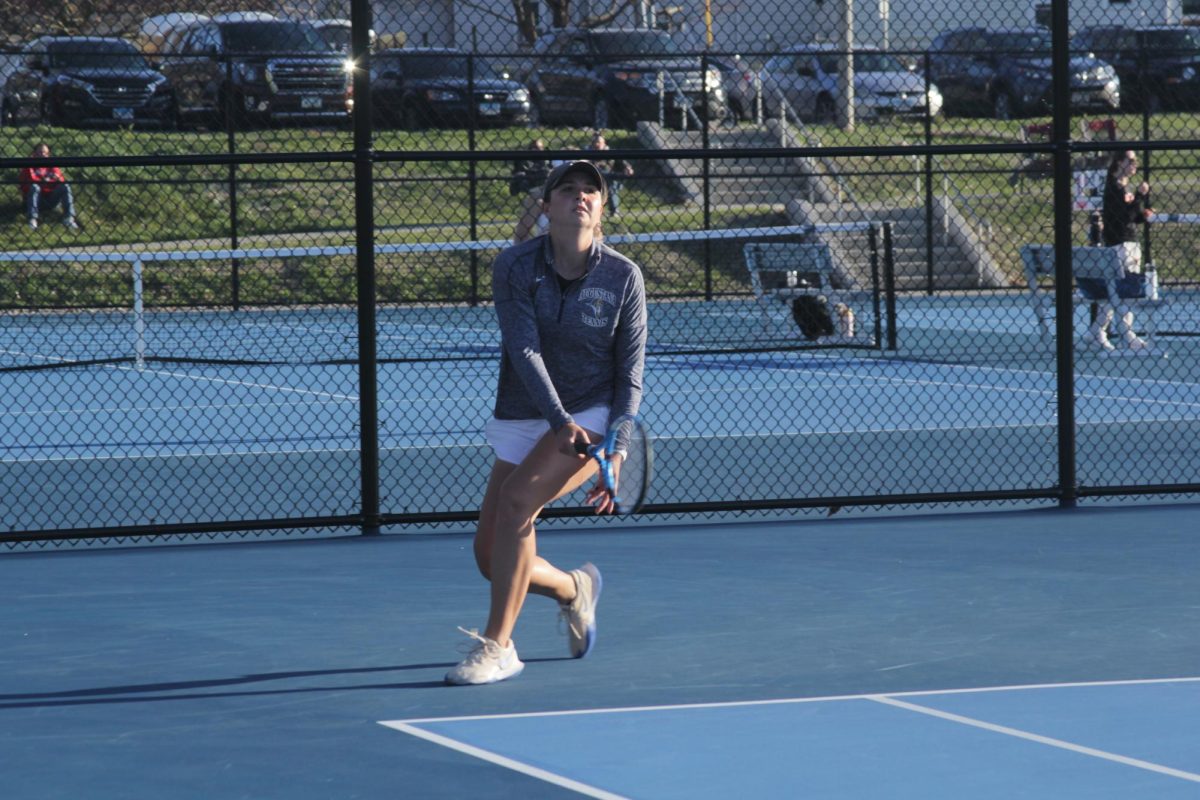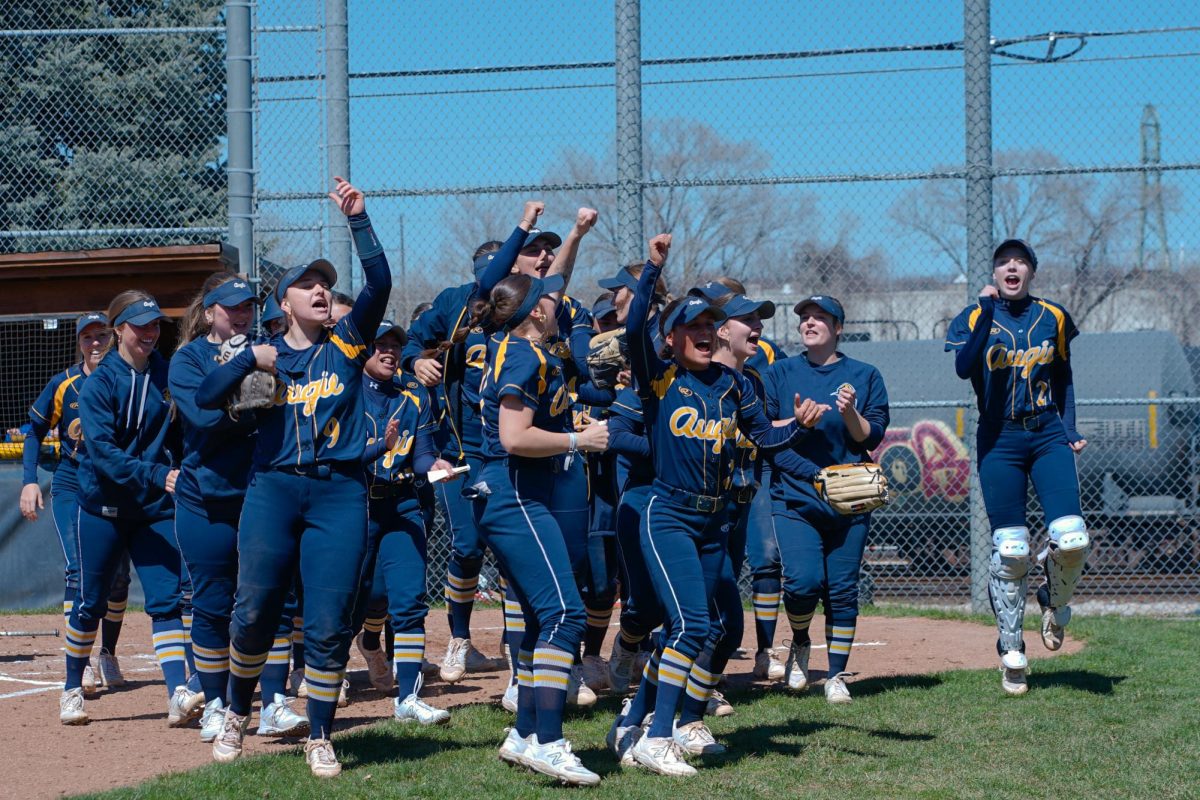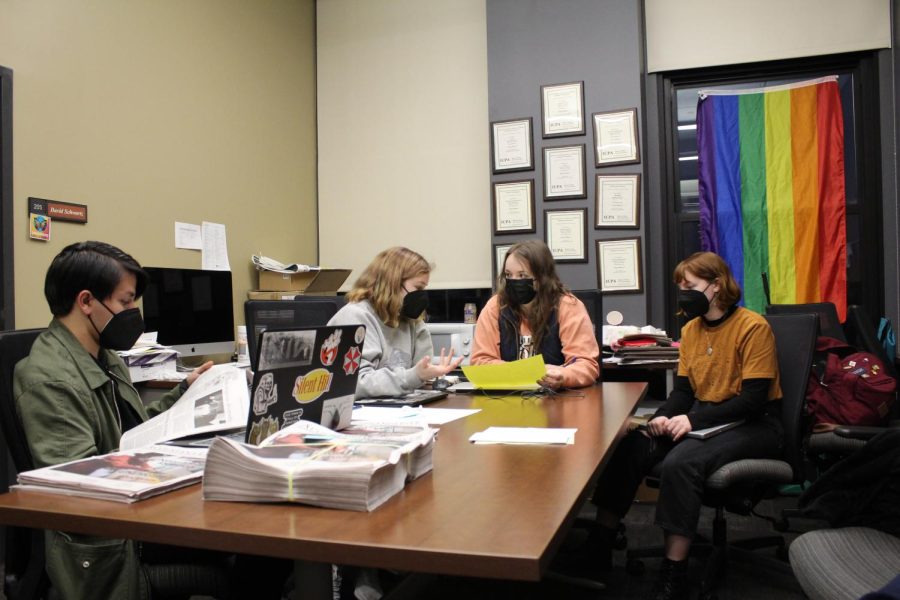A girl came out to my class with the simplicity of an “I’m bi,” and it changed the course of my identity. I was in Language Arts class my junior year of high school. We were having a discussion about the harm that certain words have. Our conversation quickly steered toward the word “fag” when one person in my class argued that it was acceptable to use now because it’s an alternative to calling somebody “bro”.
After she finished saying this I was filled with a disproportionate anger that I didn’t completely understand. Through this conversation it suddenly hit me like a ton of bricks; I’m bisexual.
My realization and coming out story was anticlimactic and deeply internal. I was afraid of coming out but I wasn’t filled with shame. My coming out had nothing to do with another person that made me realize I wasn’t straight. These experiences of mine lie in intense juxtaposition to the common coming out story that is most often portrayed in T.V. and movies.
As a younger queer teenager I latched on to any LGBTQIA characters I could find. But as I got older I noticed that almost all the media that featured queer characters primarily talked about their coming out journeys.
The media treats these characters as though they are nothing more than their sexuality. Queer characters and the LGBTQIA community deserves better than this lazy treatment towards non-straight characters.
Queer characters’ entire identities are defined by the fact that they are part of the LGBTQIA community. The story often went like this: a young queer person (often a sidekick character) has been struggling with the idea of being gay for many episodes, maybe their best friend knows, but no one else. Then they come out slowly to the show and everybody either embraces them or their family kicks them out of the house. After this storyline takes place we know nothing else.
This storyline is shown in Glee with their treatment of Kurt and Santana, in Shameless with Ian and Mickey, in The Bold Type with Kat, in Faking It with Amy, and in The 100 with Clark and Lexa.
Once a queer character has come out, which often takes many, many episodes for them to be okay with it and then for them to come out, their story is still defined by their sexuality. Jokes, conversations and any struggles they face are centered around them being queer.
If a character isn’t straight, they are tossed aside by writers and their only option is to have their entire character development come from their sexuality.
Don’t get me wrong, it is very important to have some representation of queer characters be centered on their coming out story. Even in 2017 the process of coming out and coming to terms with your identity is a big deal, and deserves to be shown on T.V. When I was still figuring out my own sexuality, I found shows and movies about teenagers coming out hugely comforting.
Despite this I think it’s imperative to acknowledge that representation often fails to branch out from this coming out narrative, and queer characters deserve better character development that focuses on the fact that they are people, not just queer people.
In “The Bold Type”, a new show on Freeform, three women in their twenties work for a fashion magazine that is supposedly based on Cosmopolitan. The Bold Type is praised for diversity in main characters and conversation topic. However, it even falls prey to the inability to bring a queer character beyond her sexuality.
One of the main women, Kat, has a storyline completely centered around realizing she is queer. Despite her having other aspects to her life that are featured, the recurring struggle in her life is her sexuality.
Even now shows that are champions of diversity and feature queer women of color fail to write stories about modern women who just happen to be queer.
This failure in media today is harmful and needs to change because it takes away the normalcy of being queer today. This pattern shows society that being queer is abnormal. It works against any progress we have made for the LGBTQIA community. Queer representation in the media makes characters gay first and people second.
Queer characters in media need to be human first
September 28, 2017
Leave a Comment
More to Discover
